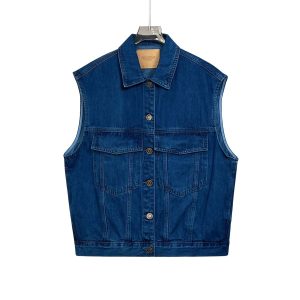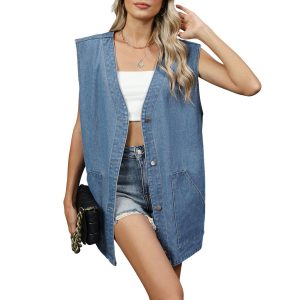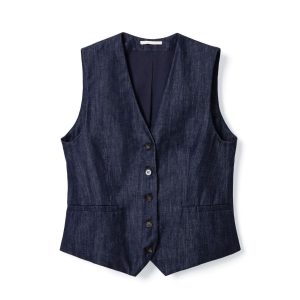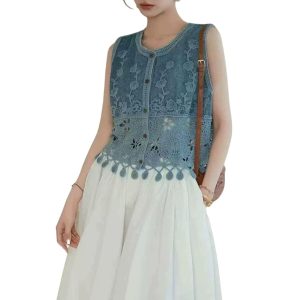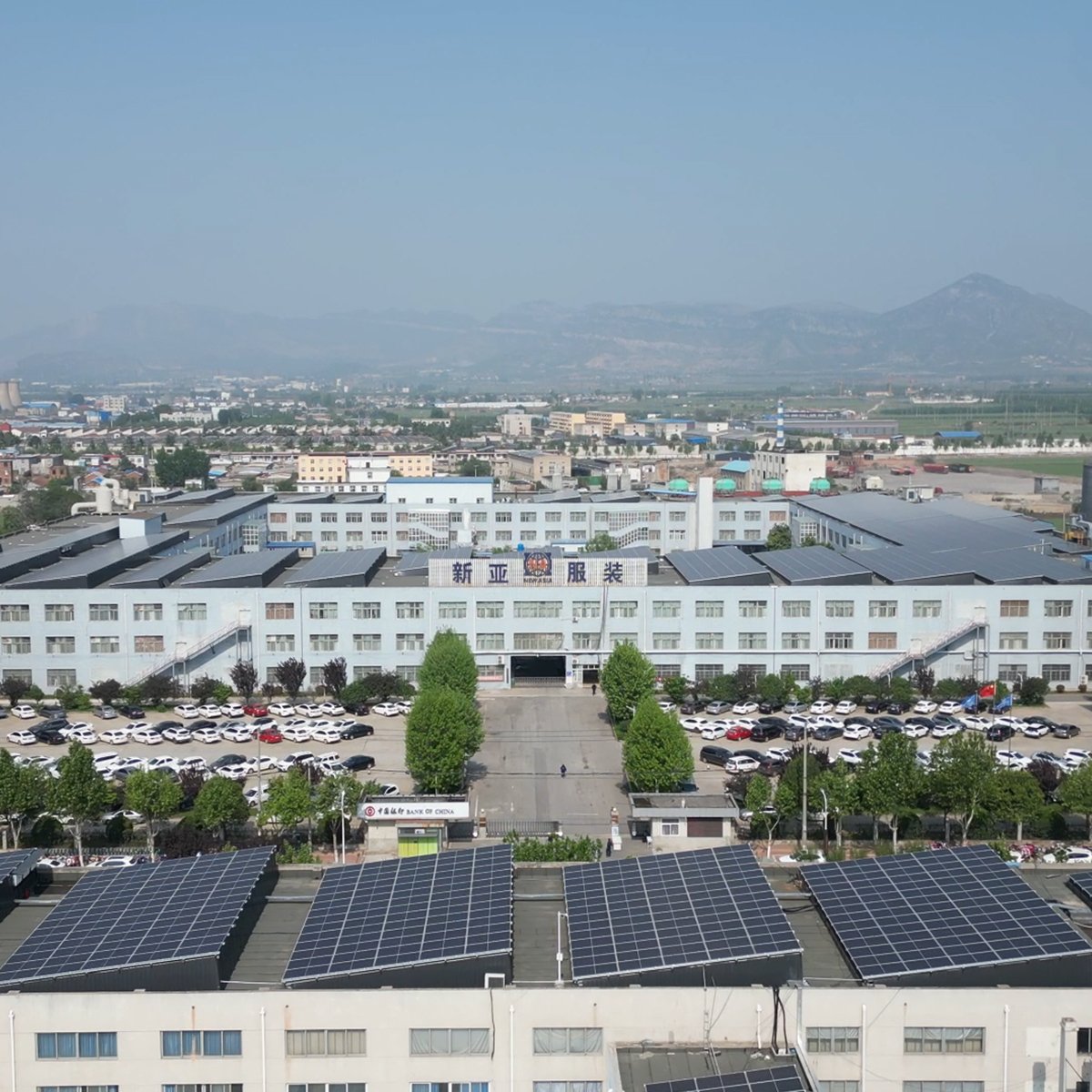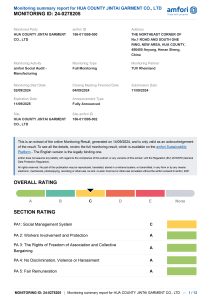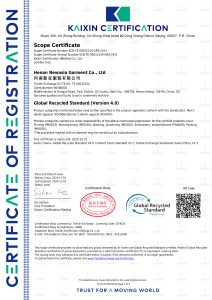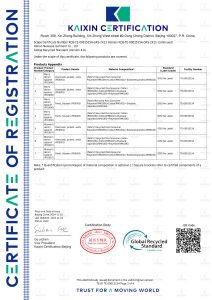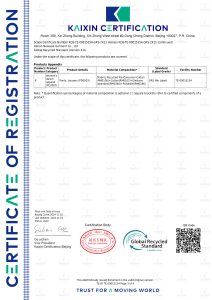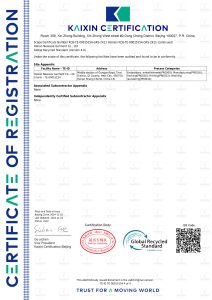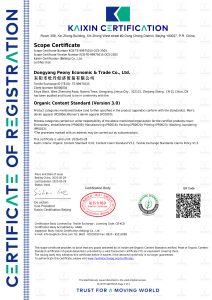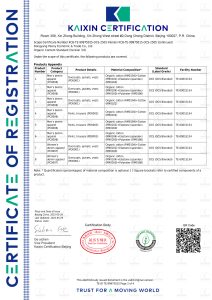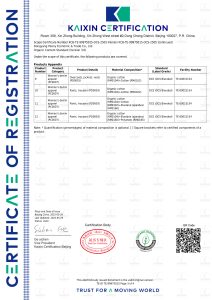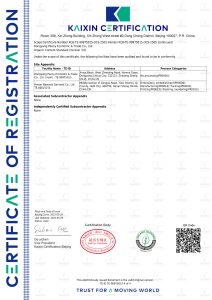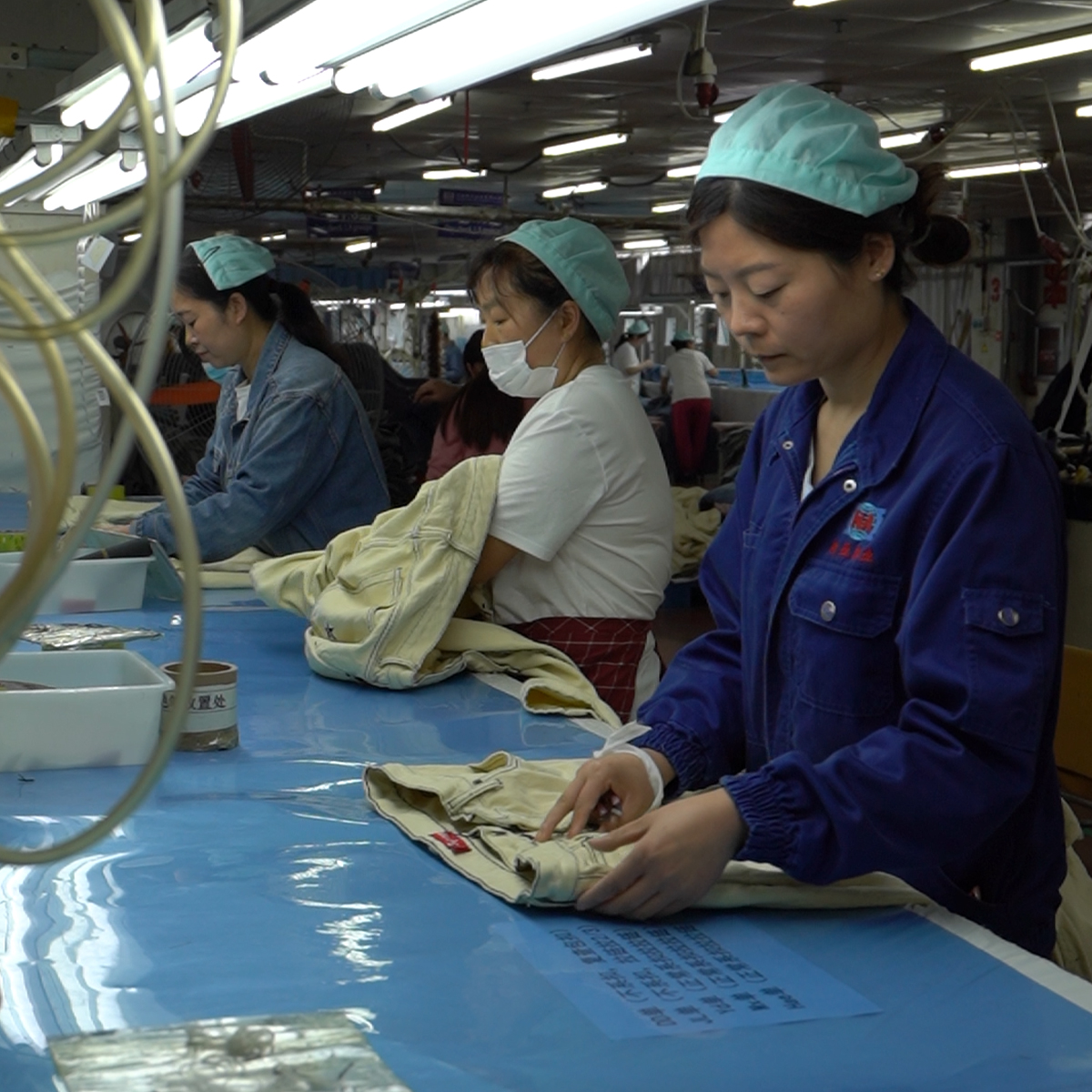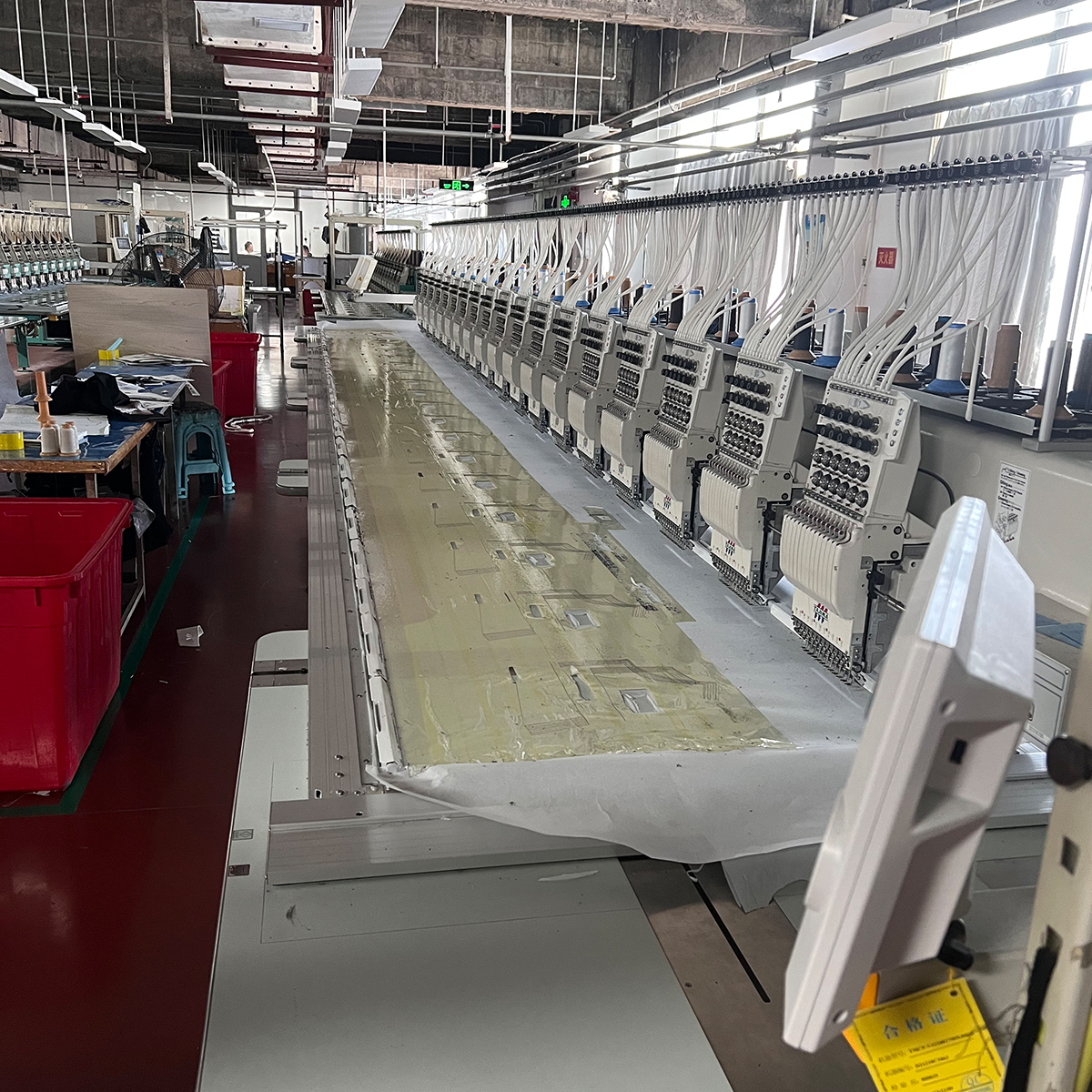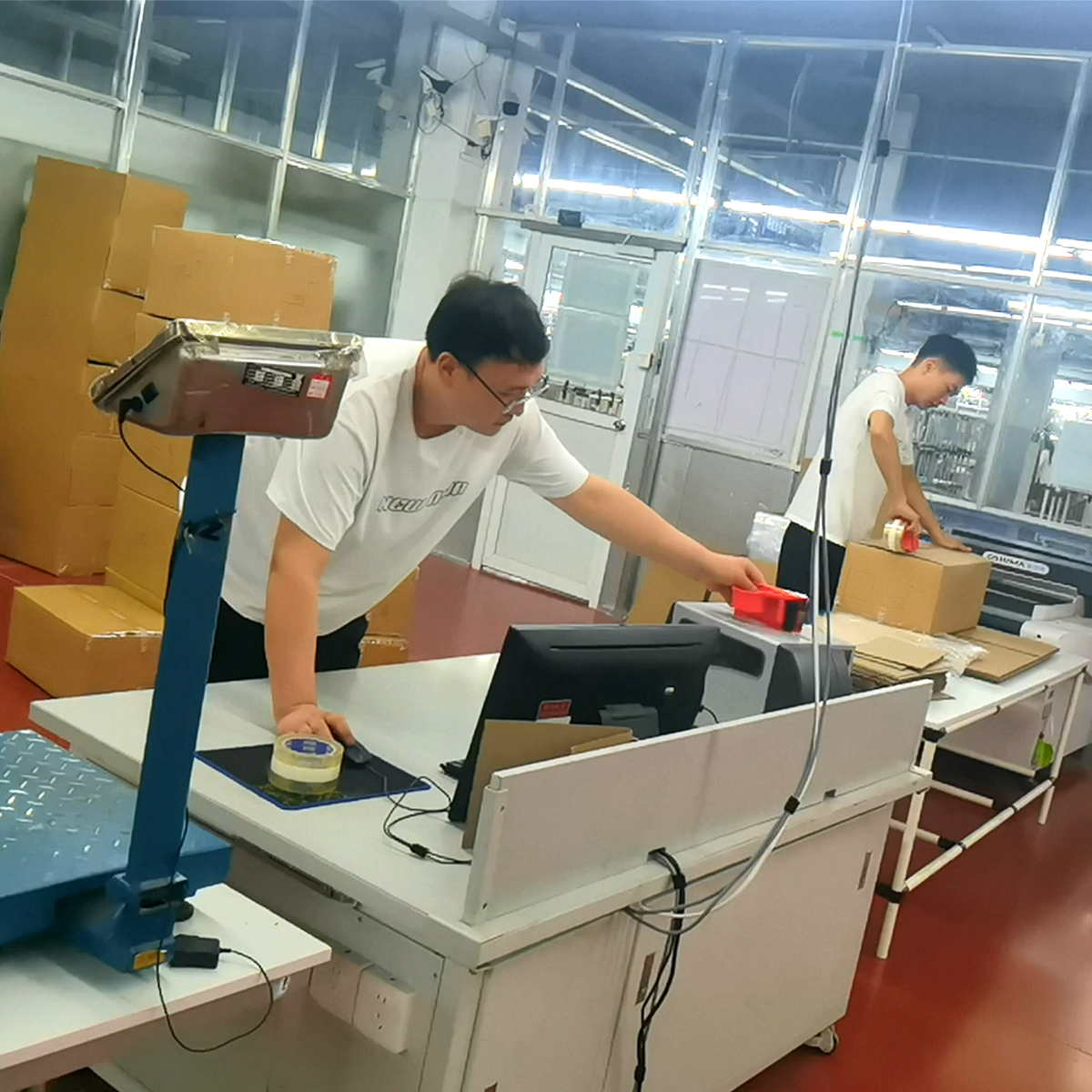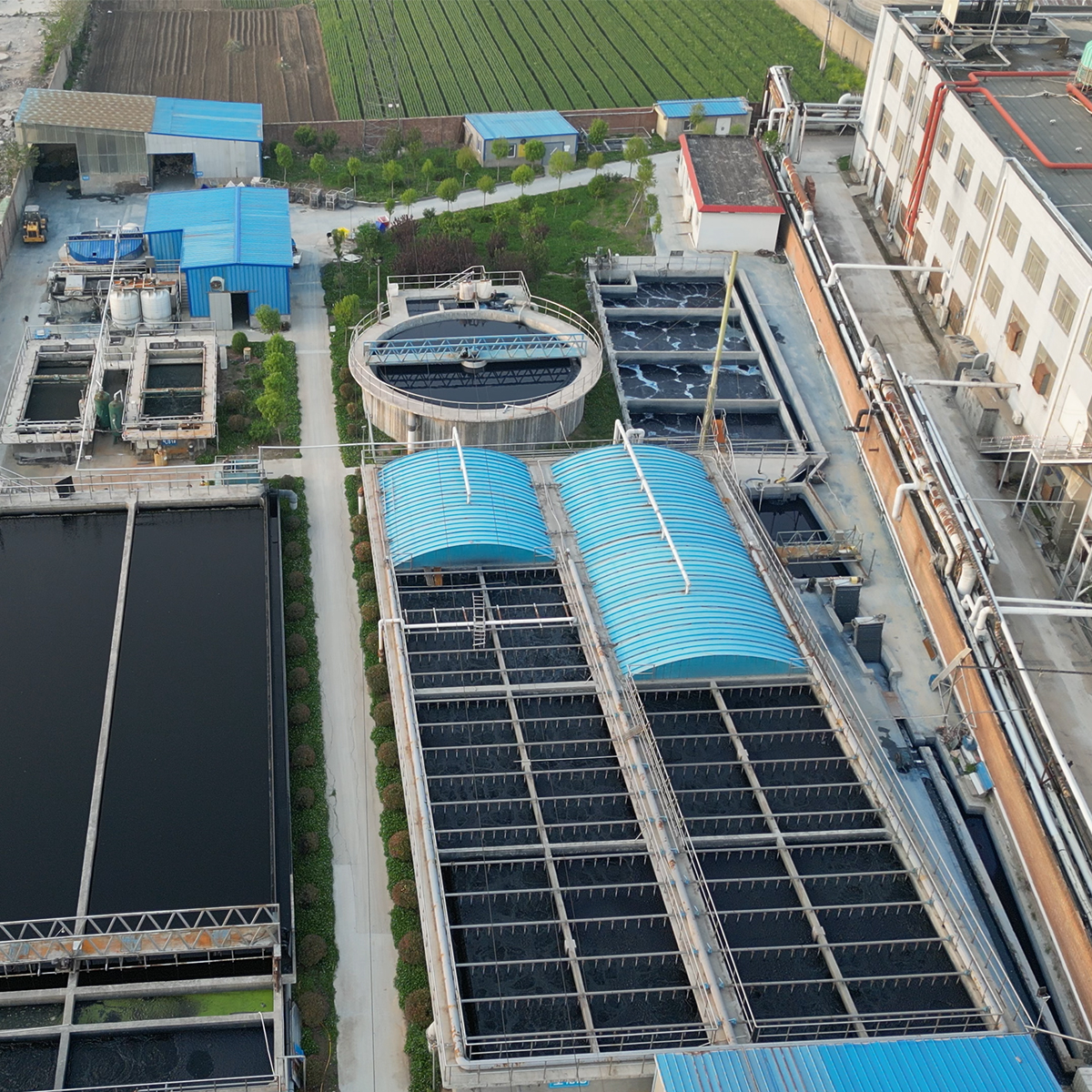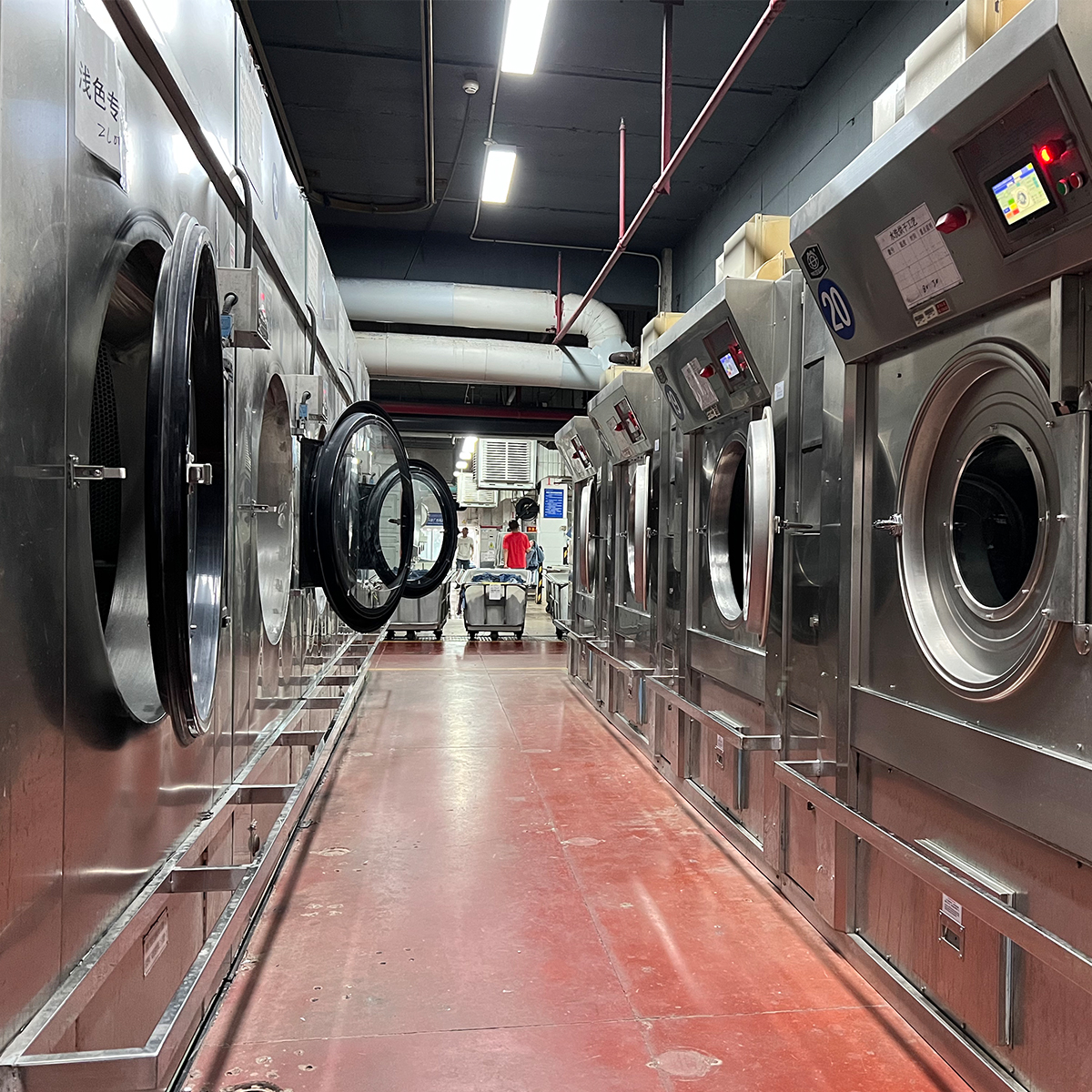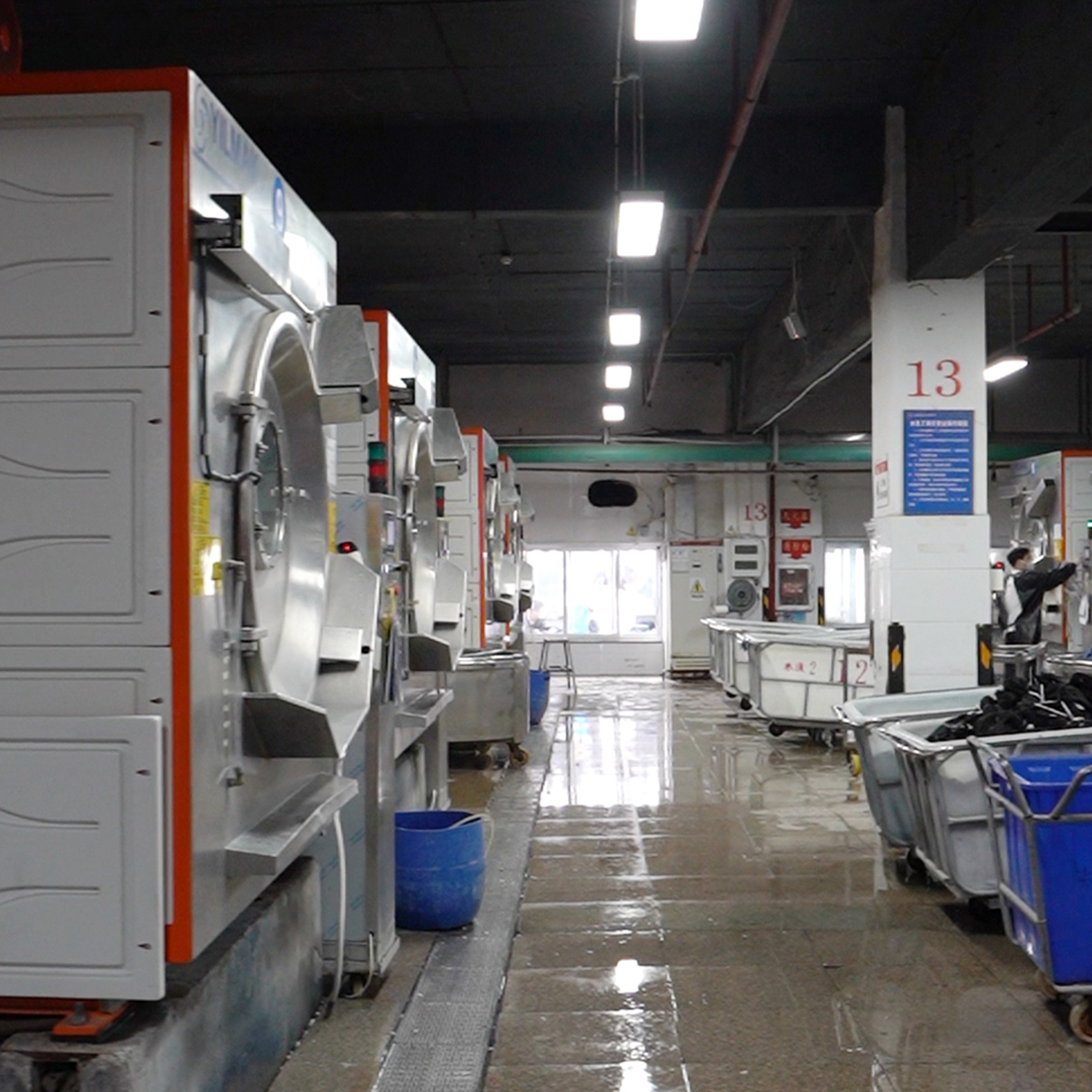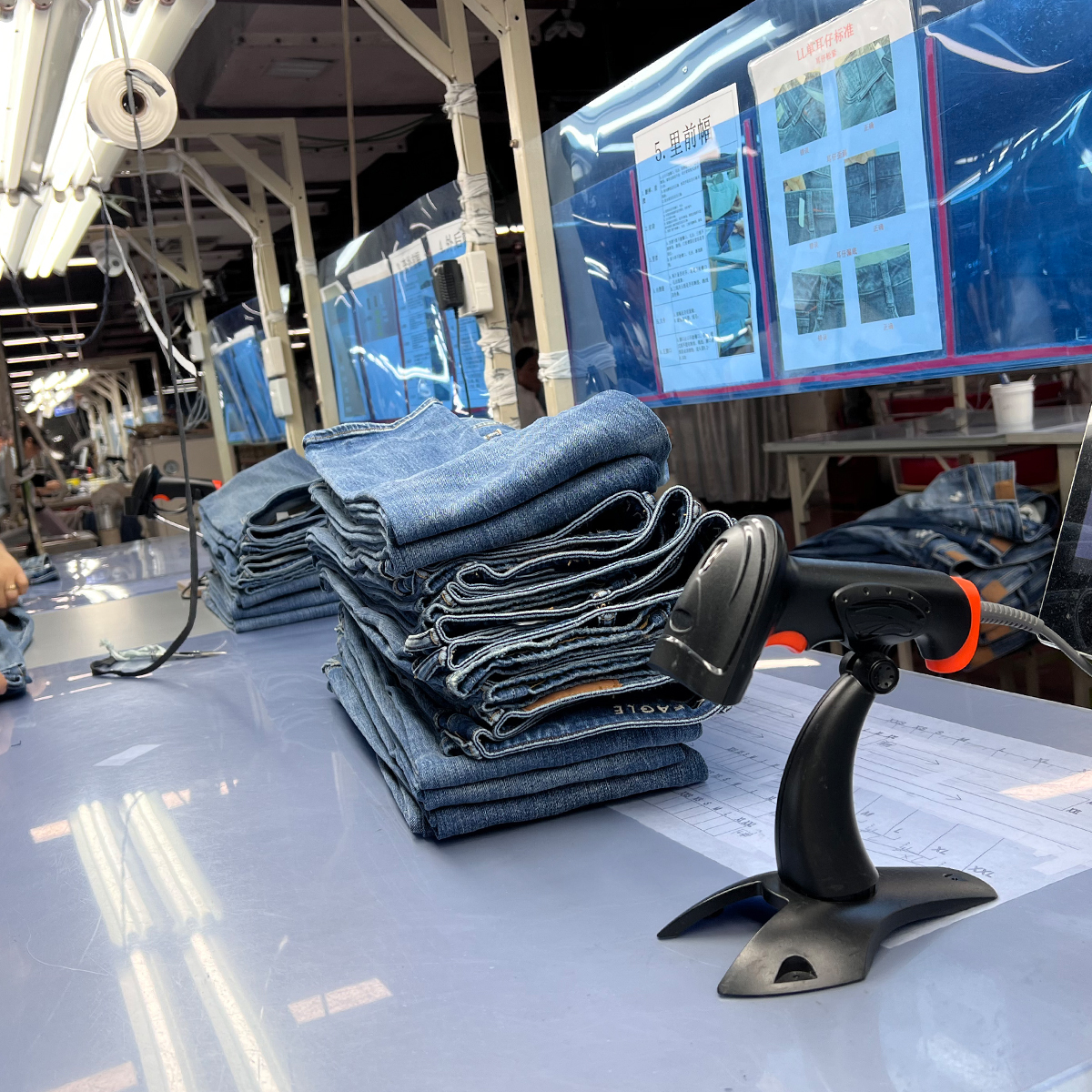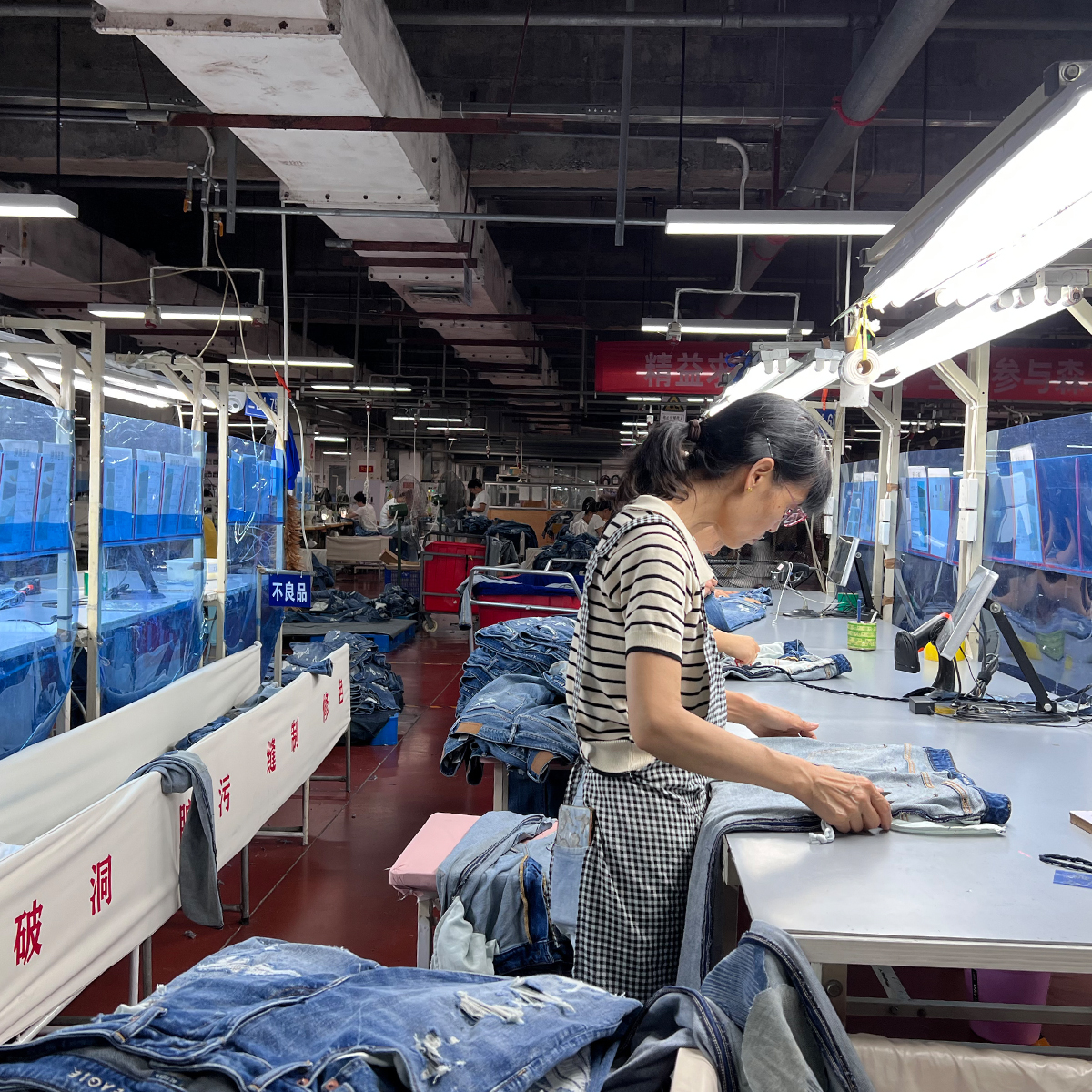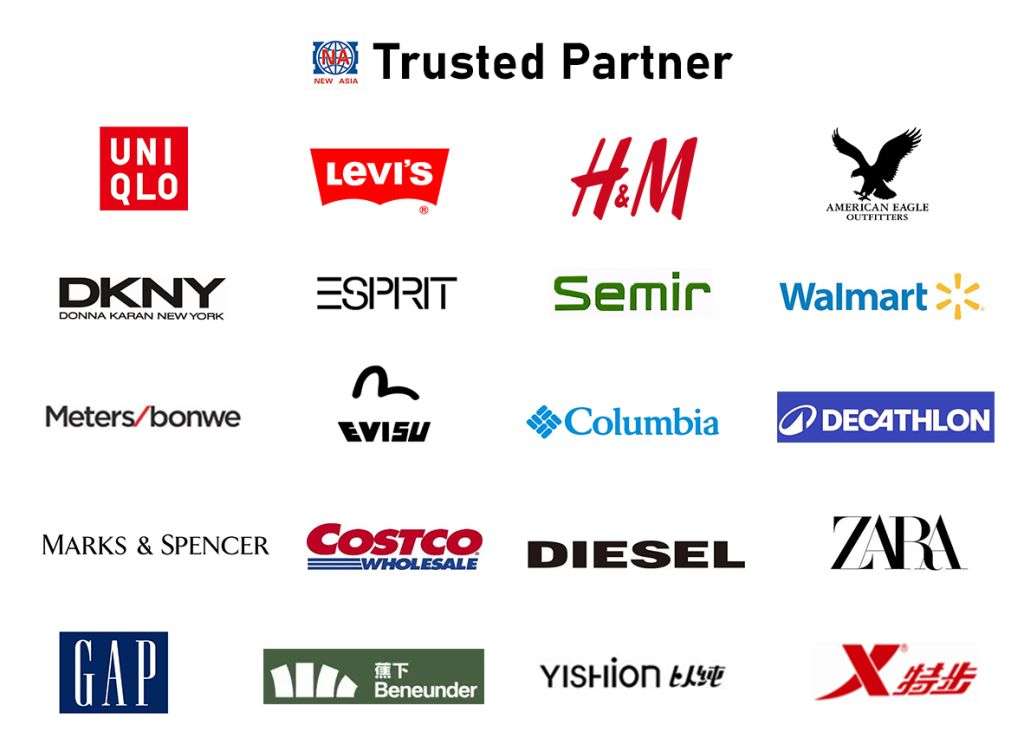Denim, a textile that once epitomized rugged workwear, has transformed over the decades into a global fashion staple. The emergence of certified denim manufacturers represents a significant shift in both production practices and environmental consciousness in the fashion industry. This blog explores the evolution of denim manufacturing, the importance of certification, and how these practices are reshaping the future of sustainable fashion.
The Rise of Denim: From Workwear to Wardrobe Staple
Denim’s journey began in the 19th century, when it was first crafted as durable workwear for laborers. The invention of blue jeans by Levi Strauss in 1873 marked the beginning of denim’s prominence in everyday life. Over the years, denim evolved, with various styles, washes, and fits appealing to different demographics.
By the 1960s and 1970s, denim had cemented its position as a garment associated with counterculture, rebellion, and youth’s spirit. This cultural significance continues today, with consumers of all ages embracing denim in multiple forms—from classic jeans and jackets to skirts and accessories. Nevertheless, the increased demand has birthed serious environmental concerns surrounding traditional denim manufacturing.
The Environmental Impact of Traditional Denim Manufacturing
Denim production is notoriously resource-intensive, requiring vast amounts of water, chemicals, and energy. Conventional dyeing and treatment processes often lead to pollution and waste. According to the World Bank, textile dyeing is the second-largest polluter of clean water globally.
Furthermore, the fast fashion industry contributes to a linear economy that emphasizes constant consumption and waste. The sustainability issues tied to the denim lifecycle—from raw material cultivation (usually cotton) to the disposal of old denim—have raised alarms about the need for change.
Enter Certified Denim Manufacturers
Amidst the concerns of environmental degradation, certified denim manufacturers have emerged as champions of sustainable practices. These manufacturers adhere to stringent guidelines and standards set by various certification bodies focused on ethical production and environmental stewardship.
Some prominent certifications include:
- GOTS (Global Organic Textile Standard): This certification ensures that organic fibers are produced and processed in an environmentally friendly manner, meeting social criteria as well.
- OEKO-TEX: OEKO-TEX certifications assess the chemicals used in textiles, ensuring that they are safe for human health and the environment.
- Better Cotton Initiative (BCI): This initiative aims to make global cotton production better for the people who produce it, better for the environment, and better for the sector’s future.
Benefits of Choosing Certified Denim
Opting for certified denim has numerous benefits for consumers, manufacturers, and the environment.
- Environmental Responsibility: Certified manufacturers utilize eco-friendly practices that minimize environmental damage. For instance, many implement water recycling systems and use natural indigo dyes to reduce chemical pollution.
- Social Accountability: Certification often comes with a commitment to fair labor practices, ensuring that workers across the supply chain receive fair wages and proper working conditions.
- Quality Assurance: Certified denim tends to maintain higher quality standards, ensuring that garments are not only sustainable but also durable and long-lasting.
- Transparency: Many certified brands focus on transparency, providing consumers with insights into their manufacturing processes and the origins of their materials.
How Certified Denim is Shaping Sustainable Fashion
As consumers become more environmentally conscious, they increasingly demand transparency and sustainability from brands. Certified denim manufacturers are responding by actively promoting their sustainable practices, elevating consumer awareness about ethical fashion choices.
Fashion influencers and social media platforms play a vital role in this evolving narrative. Many well-known figures are advocating for eco-friendly brands, helping to accelerate the shift towards sustainable fashion.
Innovative Solutions in Denim Production
Certified denim manufacturers are also pioneers of innovation within the industry. Here are a few revolutionary practices adopted:
- Waterless Dyeing Technologies: Some manufacturers leverage state-of-the-art technologies that drastically reduce water usage—up to 90%—during dyeing.
- Recycled Materials: Brands are increasingly turning to recycled cotton and post-consumer waste to create new denim products, reducing reliance on virgin resources.
- Sustainable Finishing Techniques: Techniques like laser finishing and ozone treatment reduce the environmental impact of washing and finishing jeans.
The Consumer’s Role in Promoting Sustainable Denim
Consumers play a pivotal role in promoting sustainable practices by choosing certified denim brands. By making informed purchasing choices, shoppers can support ethical manufacturing processes and endorse brands prioritizing sustainability.
Moreover, prolonging the life of denim products through repairs and alterations also contributes to reducing waste. With the revival of upcycling and thrifting, the new generations of consumers are finding creative ways to express their style without contributing to fast fashion’s detrimental cycle.
The Future of Denim and Sustainable Fashion
While the landscape of fashion continues to adapt to changing consumer demands and environmental challenges, certified denim manufacturers exemplify a forward-thinking approach to textile production. Consumers increasingly value manufacturers that prioritize sustainability, ethical labor practices, and innovation in production methods.
As companies pivot toward more sustainable practices, the denim industry stands at a crossroads—where traditional craftsmanship meets modern innovation. The path forward is not without its challenges, but the rise of certified denim manufacturers signals a growing momentum in the push for sustainable fashion that benefits people and the planet alike.
Final Thoughts
In this evolving tapestry of sustainable fashion, informed choices pave the way for a healthier planet and more equitable society. By supporting certified denim manufacturers, consumers not only invest in quality garments but also contribute to a global shift towards a responsible and sustainable fashion future.



